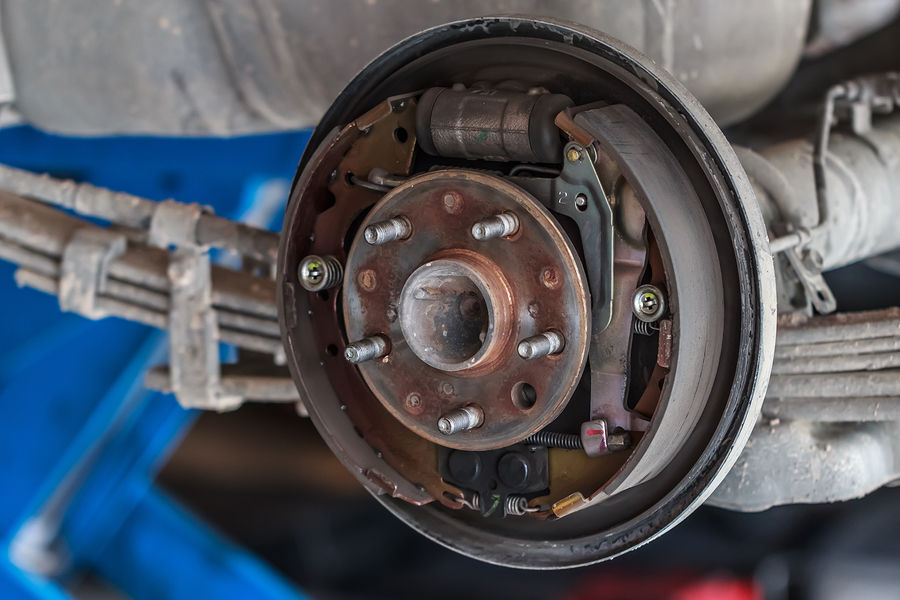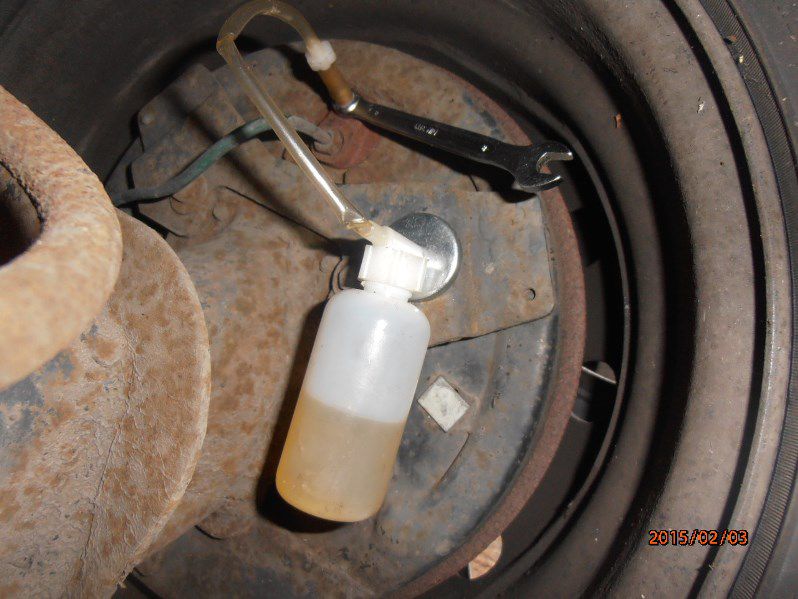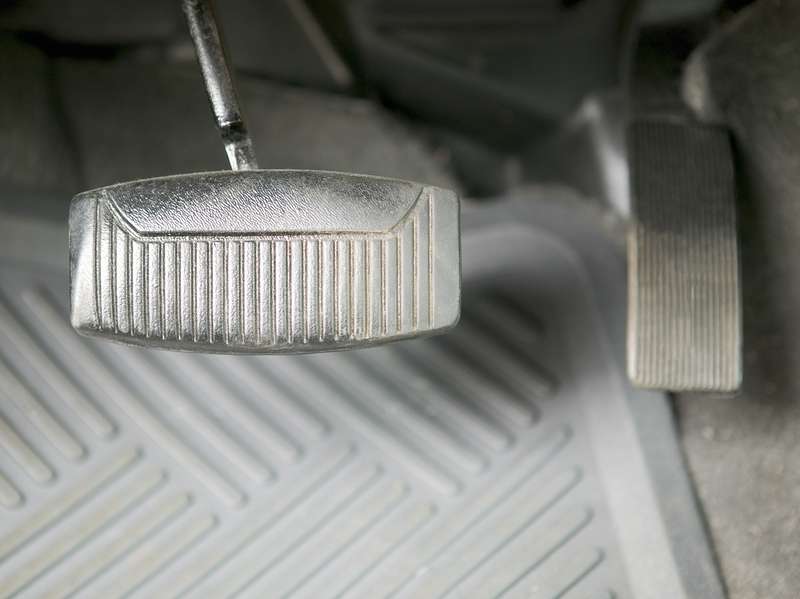Recent Articles
Popular Makes
Body Types
How To Bleed Drum Brakes

Drum brakes are sometimes found on the rear axle of modern vehicles, and in the past were also used on the front wheels. While drum brakes are quite different than disc brakes, they operate using the same principle. When the brake pedal is pressed the fluid travels down the brake lines and forces the pistons in the wheel cylinder out, which in turn forces the brake shoes against the drums. Just like with disc brakes, if there is air in the lines, the brake pedal will feel spongy. In order to bleed drum brakes you will need some fresh brake fluid and a helper.
Attach Hose to Bleeder Screw
The bleeding process is the same for drum brakes as it is for disc brakes. Usually you start with the wheel furthest away from the master cylinder and then make your way from wheel to wheel moving towards the master cylinder, unless otherwise specified in your owner’s manual. The bleeder screw is normally located on the rear of the backing plate, near the top. Remove the plastic or rubber cover that protects the bleeder screw from the elements. Attach a hose over the bleeder screw and place the other end in a container to catch the brake fluid that is bled out.

Photo by Blogspot
Pump the Brakes
Place a brick under the brake pedal in the car to prevent it from going all the way to the floor and overextending the master cylinder. Have your helper press lightly on the brake pedal, and then open the bleeder screw. Once the bleeder screw is open the pedal should slowly descend toward the floor as brake fluid comes out of the bleeder. When the fluid stops flowing, close the bleeder and have your helper release the brake pedal. Repeat the process until you can no longer see any bubbles in the tube, and then move on to the next wheel.

Test Drive
When you have completed bleeding all four wheels press the brake pedal a few times to ensure that it is nice and firm; if the pedal still feels spongy repeat the bleeding process. Once the brakes have been properly bled, carefully take the car for a test drive to ensure that the braking system is functioning correctly.
